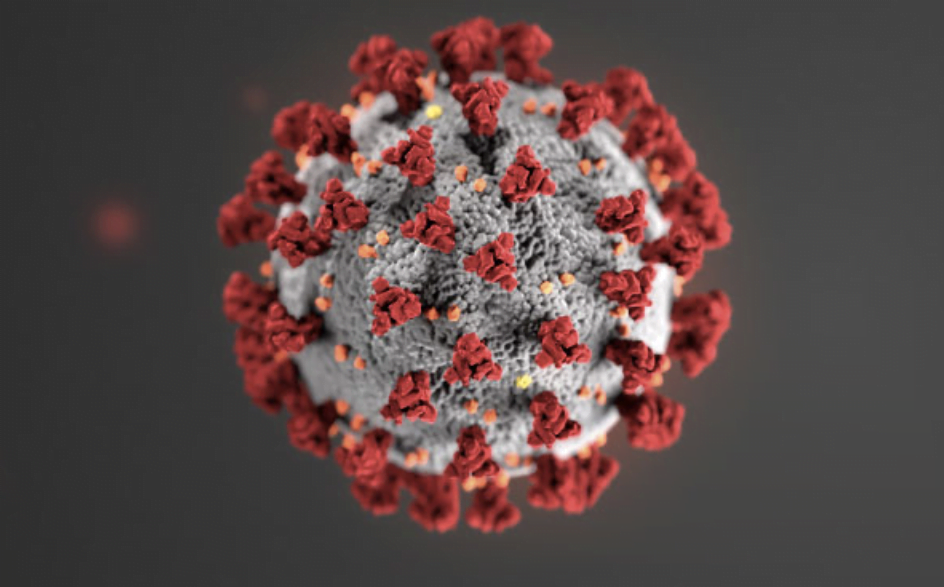The impact of COVID-19, more widely known as the coronavirus, on the North American travel market has thus far primarily been limited to airports with significant flights to and from China. But as the illness spreads in the U.S. and Canada, aviation officials are preparing for the worst.
San Francisco International Airport (SFO) spokesman Doug Yakel says the airport currently projects $1 million in lost revenue per month due to flight cancelations. After a record-setting 2019, Vancouver International Airport (YVR) expects to see traffic decline between 3 percent and 5 percent.
“However, we are confident in the airport’s ability to weather the current economic environment,” says YVR in a statement provided by spokeswoman Zoe Weber. “We have been through similar challenges in the past, including the global economic downturn in 2008-2009 and SARS in 2002-2003, and these experiences are reflected in our responsible approach to growth.”
Boyd Group International, which monitors the industry, is projecting travel downward, with domestic travel now looking like it could be flat, versus initial forecasts of 3.8 percent to 4.5 percent growth. International forecasts are gloomier.
Four aviation leaders who spoke on a director panel at the Airport Experience News Conference last week in Denver indicate they have not had issues with the disease so far, but are expecting to see some soon.
The coasts will be affected first before airports in middle America, says Mark Duebner, director of aviation at Dallas Love Field (DAL). He and other directors were critical of media outlets reporting sensationally on deaths caused by the virus while not providing context around those who were catching coronavirus and recovering.
Even those who intend to maintain travel plans are likely to lessen their contact with others, which means more time at the gate and less shopping, eating and drinking, he adds.
“It’s going to get worse,” he says. “As long as the hysteria keeps up there is going to be impact.”
Airports located in tourism and convention markets, such as New Orleans, are likely to begin feeling a hit soon, acknowledged Kevin Dolliole, director of aviation at Louis Armstrong New Orleans International (MSY).
“If conventions start canceling, that will have an impact on us,” he says. “We’re very mindful of that.”
And organizations across the aviation industry are starting to cancel or postpone events. The Airport Food & Beverage (FAB) Conference and Awards, originally scheduled for June 23-24 in Istanbul, will move to Sept. 2-3 in the same city.
The International Association of Airport Duty Free Stores (IAADFS) has canceled the 2020 Duty Free & Travel Retail Summit of the Americas, scheduled for March 30-April 2, due to COVID-19 concerns.
AIR Convention Asia, the largest international commercial aviation conference that typically draws more than 1,000 airlines, maintenance, repair and overhaul specialists, airports, aircraft and engine manufacturers and finance and leasing companies, has rescheduled its Bangkok, Thailand event that was initially schedule for April 21-23 to June 9-11.
The Tax Free World Association canceled the TFWA Asia Pacific Exhibition & Conference. Heavy tourism events, such as South by Southwest in Austin, Texas, have been canceled as well.
So far, the American Association of Airport Executives has not canceled or postponed any of its events.
With spring break coming soon, travel through Jacksonville remains strong at present, Mark VanLoh, CEO of the Jacksonville Aviation Authority, told AXN attendees.
“Planes are still full, traffic is up,” he says. “Just because it’s Florida – it’s that time of year.”
That said, he knows as Coronavirus spreads, there will be a decline in travel. How hard and how long are the questions.
“As these conferences start to cancel, you’ll see domestic travel fall dramatically,” he told AXN attendees.
His biggest concern right now is communicating with the airport’s employees to ensure they have accurate information and the materials they need to stay healthy. That concern was exemplified Monday when it was announced and confirmed that Rick Cotton, executive director of the Port Authority of New York and New Jersey, was diagnosed with coronavirus. He had been visiting local airports and transit facilities as airports brace for the impact, according to reports, which also indicate that he’ll now work from home for the time being.
Airports across North America are taking preparations to keep employees and passengers safe. The Greater Orlando Aviation Authority (GOAA) announced late last week that in order to be prepared for the outbreak, it had added hand sanitizers, increased cleaning scheduled at high-touch-point areas, upped the use of specialized equipment for deep cleaning areas such as restrooms, inspection stations and customs areas, and increased the cleaning and disinfecting of airport shuttle buses.
“It is critical for the authority to do everything we can to not only safeguard our passengers, but protect our employees from this public health event,” says Phil Brown, CEO. “The airport’s existing emergency management team has done an exceptional job detailing ways we can adapt existing response plans should COVID-19 begin to affect airport operations.”
Similarly, the Port of Seattle detailed in a statement several new protocols at Seattle-Tacoma International Airport (SEA), including:
- The installation of more than 45 new hand sanitizers throughout the airport with 90 more to be installed soon
- The addition of hand sanitizers at checkpoints, jet bridges, boarding gates and ground transportation centers. Airlines have installed sanitizers at their check-in counters and gate areas, as well
- Increased cleaning frequencies at all high-touch points at the airport, such as escalator handrails, elevator buttons, ticketing kiosks, badge readers, stairwell handrails and more
- Training janitorial staff in bio-hazard cleaning, in the event it becomes necessary to follow up on any suspected incidents
The airport also has established a website where travelers can go for updates on their travel situations that can be accessed at this link: https://www.portseattle.org/news/traveler-updates-coronavirus-response.






